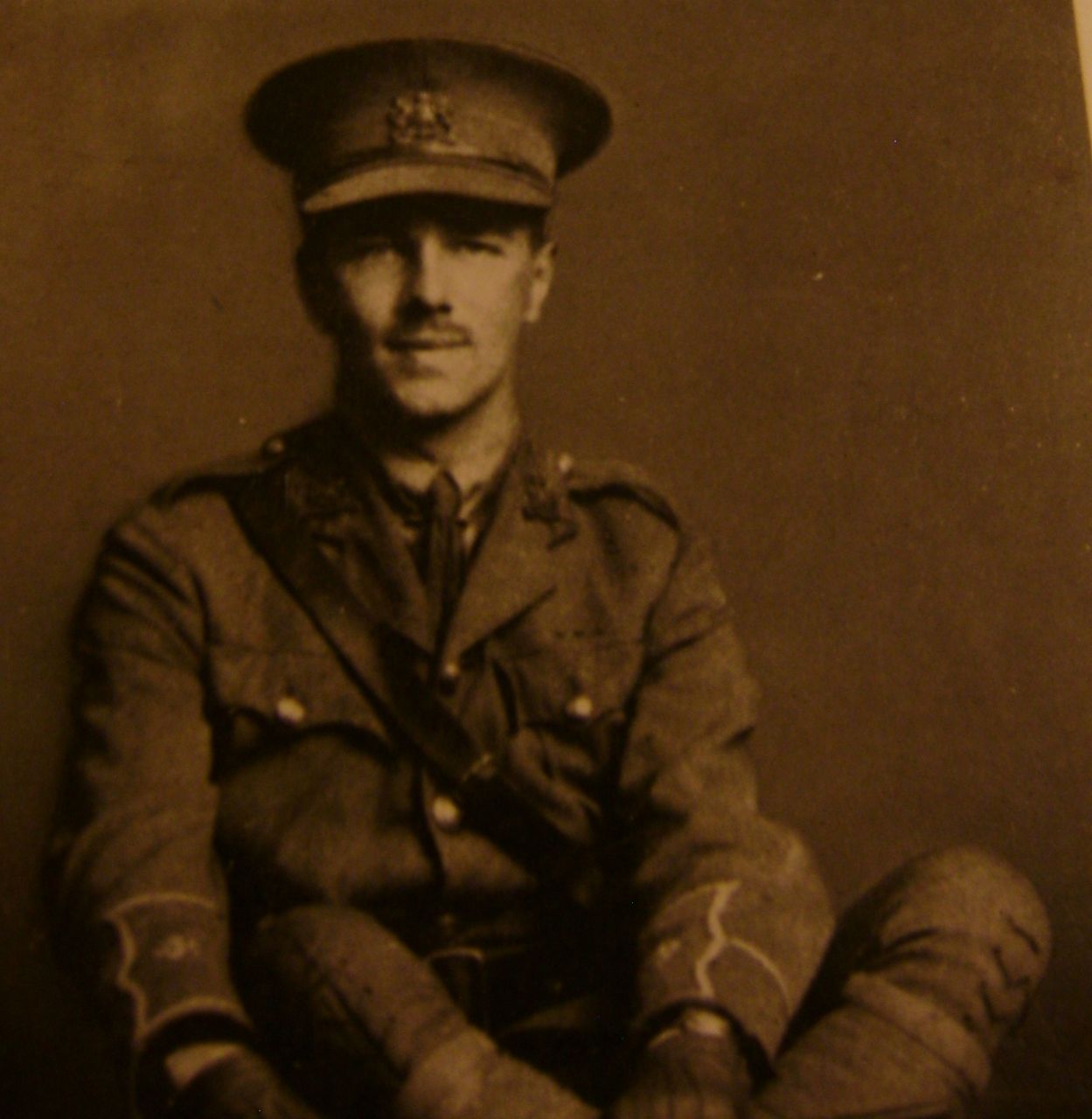greatwar-1914:April 1, 1917 - British Capture Savy Wood, Wilfred Owen Comes Down with “Shell-Shock”
greatwar-1914:April 1, 1917 - British Capture Savy Wood, Wilfred Owen Comes Down with “Shell-Shock” Pictured - Wildred Owen, who wrote some of the most famous war poetry including “Dulce et Decorum Est.” He was killed in action on November 4, 1918, one week to the hour before the Armistice was signed. In action on April 1st, the British Army captured Savy Wood, four miles from the town of St. Quentin near Arras. St. Quentin’s cathedral spire could now easily be made out in the distance. The battle was part of the preparation for the big push in spring, which was to be under the overall command of France’s new commander-in-chief, Robert Nivelle, who promised that at the helm he could end the war in a matter of weeks. One of the soldiers fighting at Savy Wood that day was Wilfred Owen. Owen was a great friend of Siegfried Sassoon and alongside him perhaps the greatest poet of the Great War. “Dulce et Decorum Est” and “Anthem for Doomed Youth” are still the first things many think of today when they think of the First World War. Owen led his platoon forward though an artillery barrage on April 1, storming a German trench only to find that its occupants had already retreated. The bombardment had severely shaken Owen nevertheless, and he laid down on a railway embankment to go to sleep when another “near-miss” blew him high into the air. This time his nerves could not handle the strain. The artillery shell “left him sheltering helplessly, close to the dismembered remains of another officer. When he got back to base, people noticed that he was trembling, confused, and stammering. It seems probable that his courage was called into question in some way by the CO, who may even have called him a coward.” Although his CO showed no sympathy, a doctor diagnosed Owen with shell-shock. The shaken poet went to a hospital behind the lines at Etretat. Writing home on a postcard depicting the cliffs near the town, Owen recorded his delight at the respite: “This is the kind of Paradise I am in at present. No. 1 General Hospital. The doctor, orderlies, and sisters are all Americans, strangely from New York! I may get permission to go boating and even to bathe.” After a while, he returned to Britain and went to the Craiglockhart War Hospital for Neurasthenic Officers, where he composed some short lines on the inmates there:These are men whose minds the Dead have ravished. Memory fingers in their hair of murders, Multitudinous murders they once witnessed. -- source link
Tumblr Blog : greatwar-1914.tumblr.com
#personal#reblog#history#literature#wilfred owen#poetry#british poetry#english poetry
